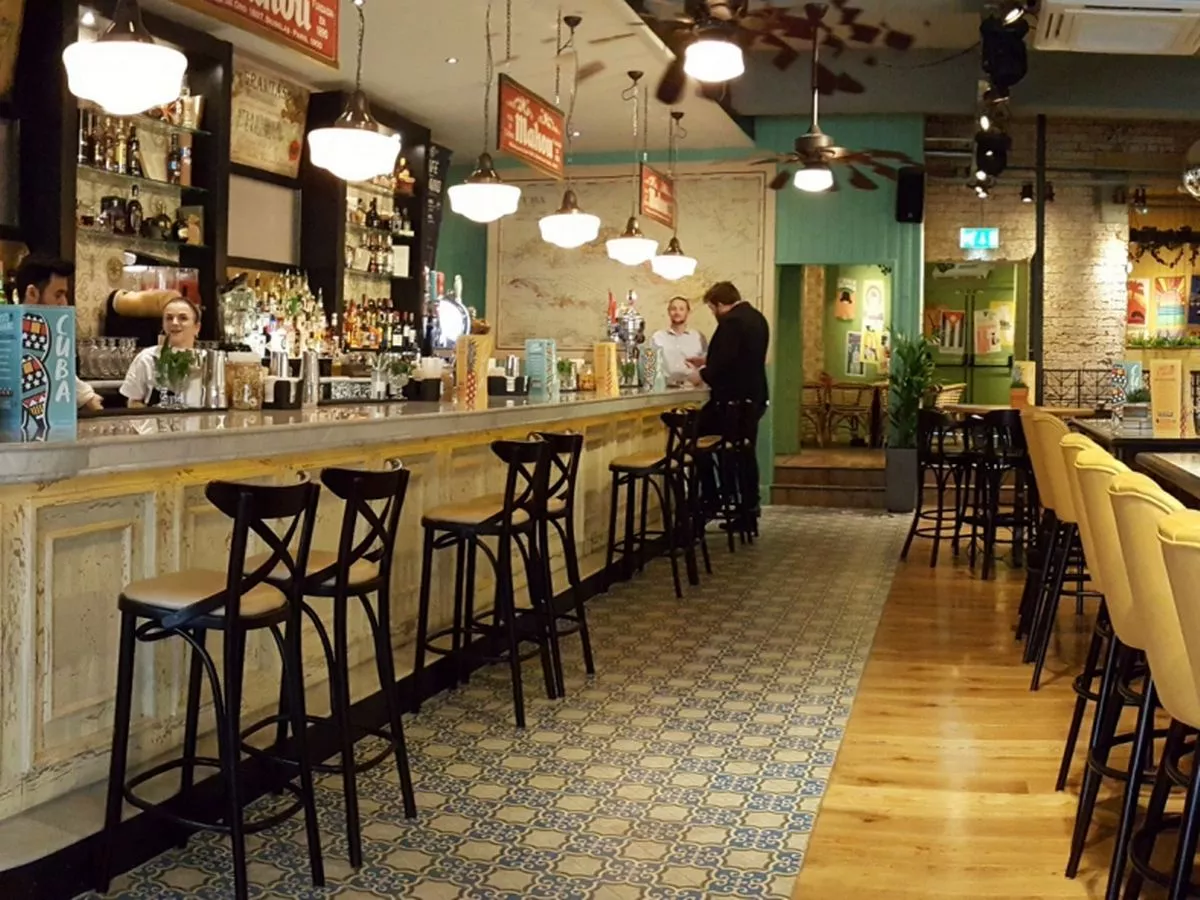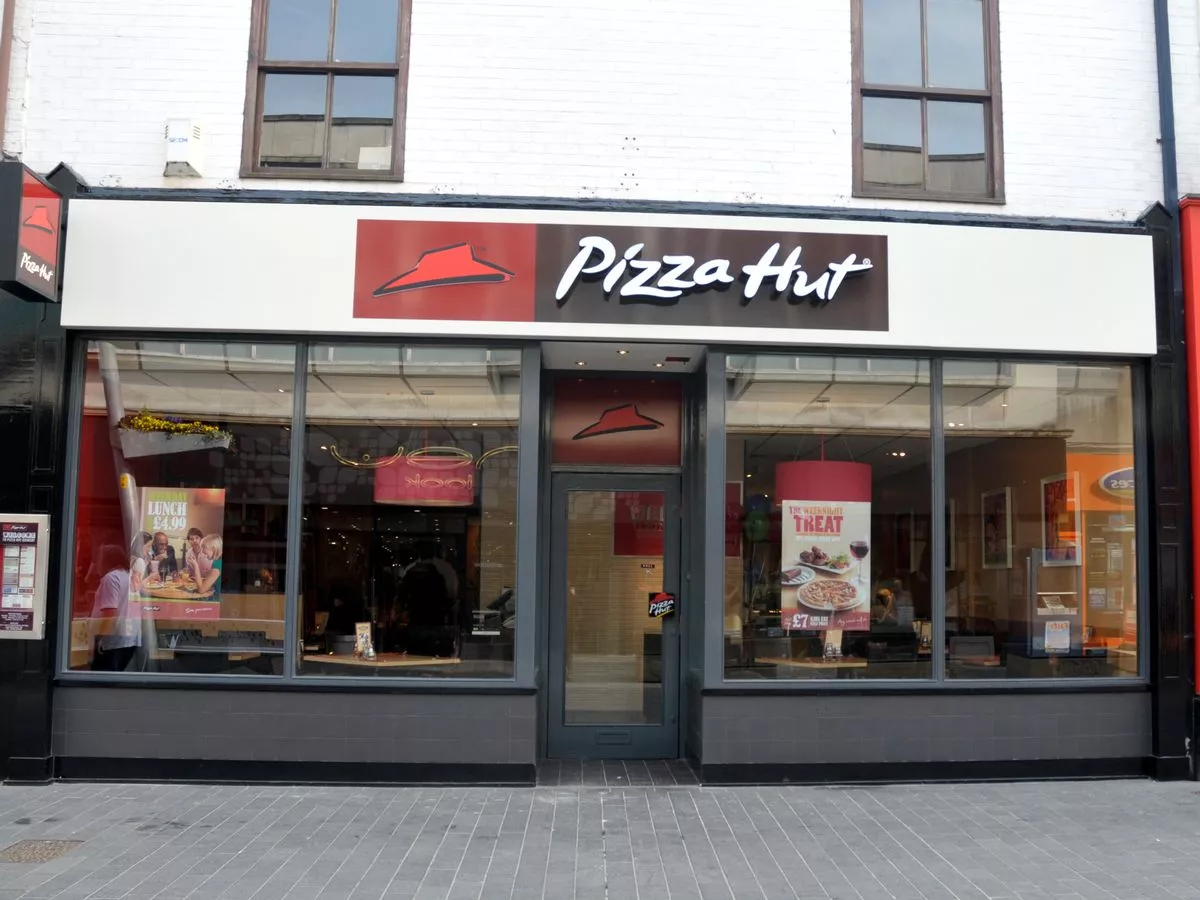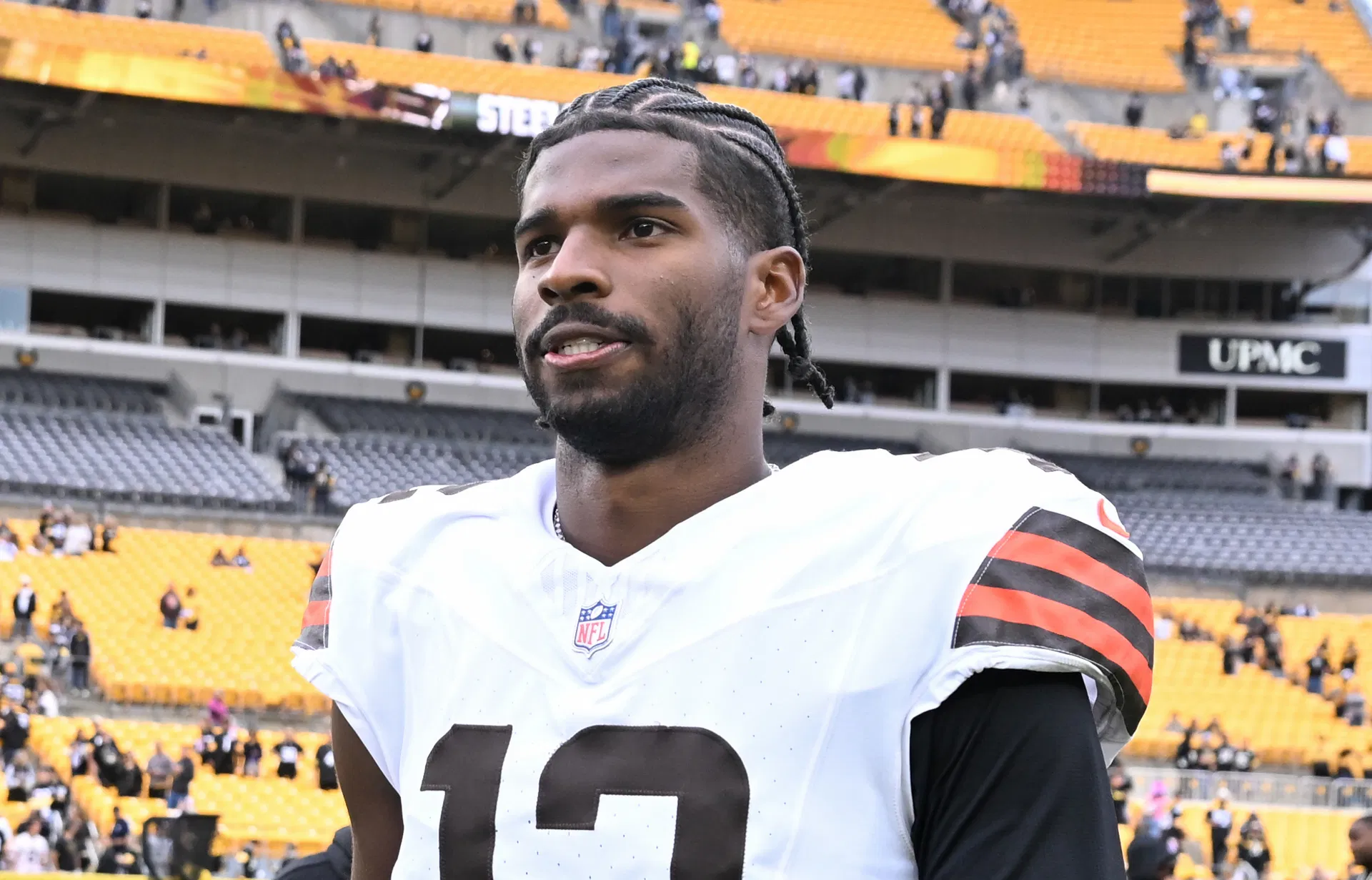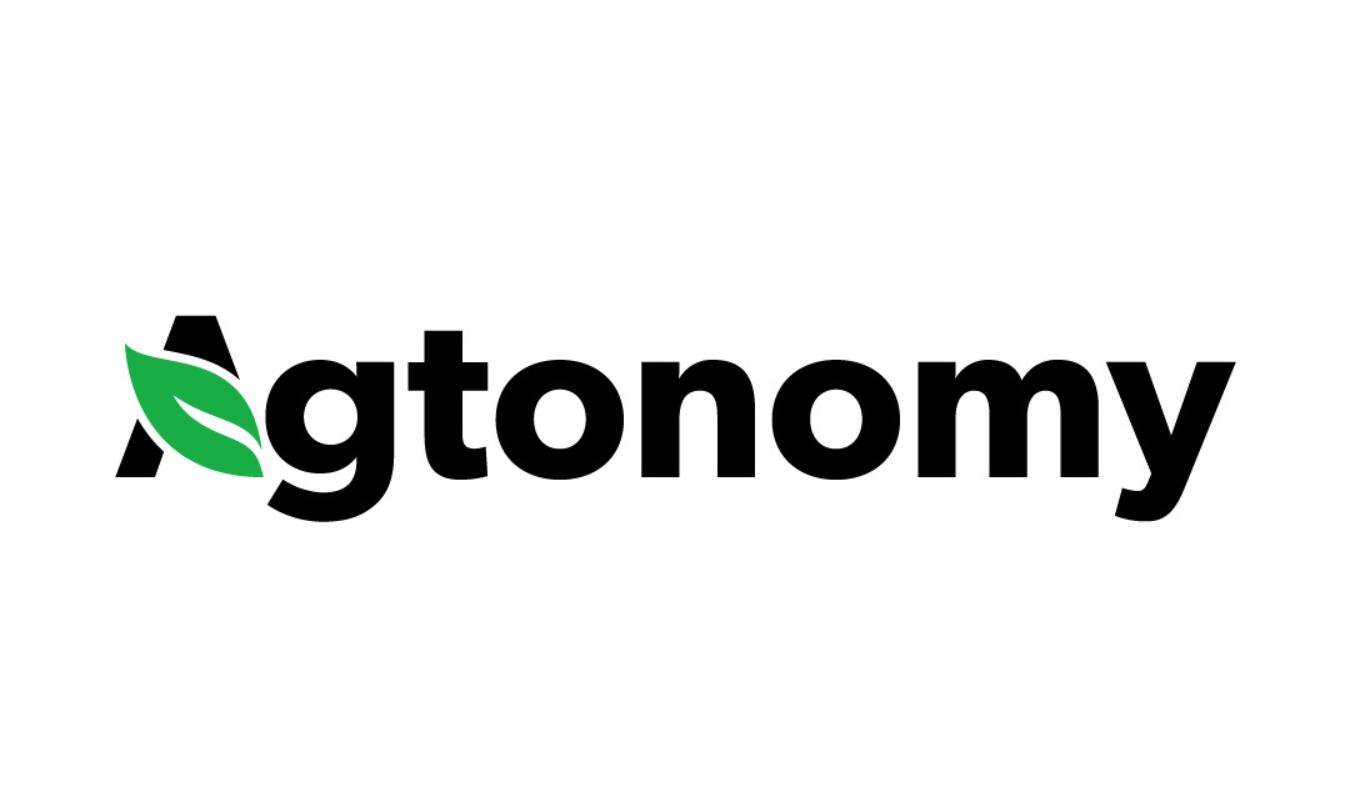Copyright forbes
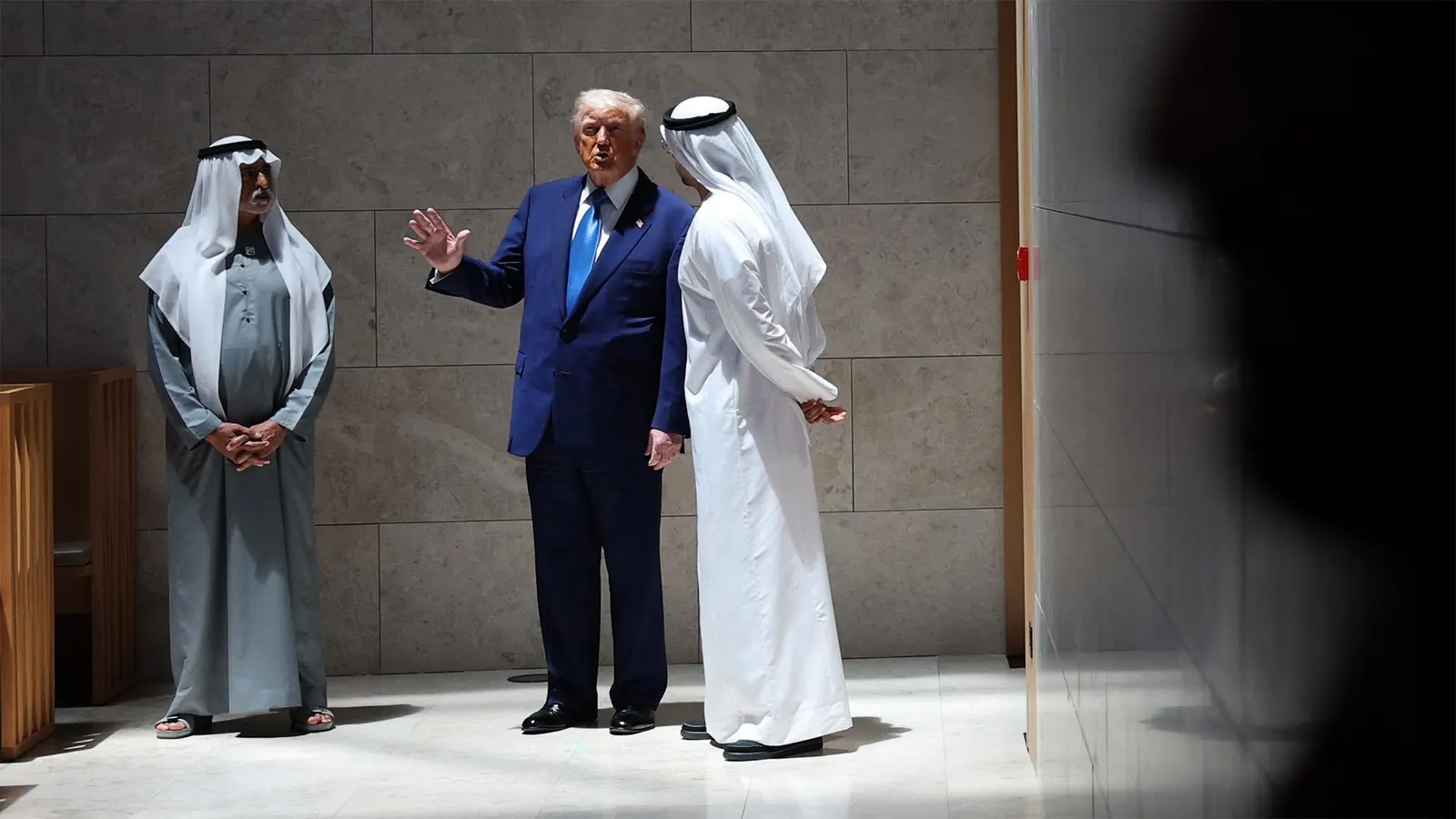
The president has already made hundreds of millions abroad, much of it stemming from a single Middle Eastern nation. His most lucrative foreign deal may be about to begin. On January 11, 2017, nine days before he became president the first time, Donald Trump revealed how he planned to handle his multibillion-dollar business while in the White House. He would not sell his assets. Nor would he give them to his heirs. Nor create a blind trust, nor empower an independent executive. But there was one line he promised to never cross—there would be no new foreign business deals. “Over the weekend,” the president-elect explained at a press conference inside Trump Tower, “I was offered $2 billion to do a deal in Dubai—a number of deals. And I turned it down.” Eight years later, the United Arab Emirates, home to the metropolises of Dubai and Abu Dhabi, has become a hub for the Trump Organization’s international expansion. With first sons Don Jr. and Eric serving as emissaries, the president and his family have entered into at least nine agreements with ties to the gulf nation—some involving government entities in the country, many stemming from business relationships developed there. Together, the ventures, which include five licensing agreements and three cryptocurrency deals, will provide an estimated $500 million in 2025—and about $50 million annually for years into the future. More business is coming. The Trump family has been working on a yet-to-be-announced project in Abu Dhabi, which new filings suggest could be in the city’s Al Raha Beach neighborhood. Even more intriguing: The president’s offspring are plotting novel ways to use crypto mania to squeeze more money from their real-estate assets. Eric Trump, who runs the day-to-day operations of the Trump Organization, can’t stop praising the country. “The UAE is the developers’ greatest dream because they never say ‘no’ to anything,” he told a room full of people in Abu Dhabi last year. “In fact, they always tell you to kind of push the limits. And there’s no place that has grown faster. There’s no place that has been more fun to work in than the UAE. I mean, if you want to build it, if you can dream it up, they allow you to do it.” Certainly if your last name is Trump. “[Gulf leaders] know how to deal with this American president,” says a former diplomat with experience in the region. “They learned it the first time around, but he was himself constrained in how blatantly he could solicit money. He's unconstrained now.” America’s most famous real estate clan first entered the Middle East about 20 years ago, starting in—where else?— the United Arab Emirates. At the time, Dubai was on a spending spree, which included constructing islands in the sea, just off its downtown, in the shape of the world map and a palm tree. To sell such projects, leaders of a government-affiliated firm named Nakheel had a luncheon in 2004 at the “21” Club in New York with 75 potential investors, Donald Trump among them. “They are filling up the ocean—amazing!” he marveled. By 2008, Trump had a licensing deal with Nakheel, helmed by Sultan Ahmed bin Sulayem, a well-connected businessman whose relationships in the United States included Jeffrey Epstein. The Trump International Hotel and Tower was supposed to be the tallest building on the palm-tree-shaped island, with 50,000 square feet of retail space, 378 hotel rooms and 399 apartments—one of which Trump claimed he reserved for himself. Units went on sale to the public in June 2008. That proved to be terrible timing. The financial crisis crushed Dubai’s real estate market, and Trump’s partner reportedly called off the deal in 2011. That same year, however, a developer named Hussain Sajwani started working on a 42-million-square-foot project outside of Dubai called Damac Hills. One of his Sajwani’s deputies, Ziad El Chaar, connected with the Trump family and put together a licensing deal for a golf club. In May 2014, El Chaar picked up Trump at a cargo-heavy airport named Al Maktoum International, the only landing pad able to accommodate Trump’s plane at the time. Inside the car, Trump asked about U.S. policies in the Middle East, leaving El Chaar wondering whether the developer might have political ambitions. Alex Brandon/AP Sure enough, two-and-a-half years later, Trump became the 45th president of the United States. Sajwani, El Chaar’s boss, celebrated the occasion inside Washington D.C.’s Trump International Hotel. First sons Eric and Don Jr. showed up in Dubai for the official opening of the Trump International Golf Club a month later. With Trump closing himself off to new foreign deals, the licensing business quieted down as his presidency progressed. The January 6 riot on the U.S. Capitol, conducted two weeks before Trump reentered the private sector, did nothing to reinvigorate his brand. In 2022, the Trump Organization finally signed a new licensing agreement, for a golf community outside of Muscat, Oman, developed alongside the sultanate of Oman. The deal involved a familiar face. El Chaar, the Sajwani deputy who worked with the Trumps in Dubai, had moved to a Saudi firm named Dar Al Arkan, which started a Trump relationship with the Oman deal. Business accelerated as Trump’s political comeback crystallized. Four days after Joe Biden crumbled on the debate stage in June 2024, Dar Al Arkan’s international arm announced a deal to bring the Trump name to Saudi Arabia, then revealed another weeks later in Dubai. Additional opportunities came after the election—two more deals in Saudi Arabia and a golf club in Qatar. Trump’s licensing revenues jumped from an estimated $7 million in 2023 to $45 million in 2024, helping to boost the value of his branding business from $100 million to $500 million in a year. “Obviously he's the most powerful man in the world,” says former Trump partner Joo Kim Tiah, who teamed up with the first family on a licensing deal in Vancouver during the president’s initial term. “A lot of people want to have access to him—and that includes government leaders. And I guess maybe some of these businesses are thinking, 'If I have an association with Trump, then the local government, if anything, might be nice to me or might open doors.” It’s not hard to see why someone might come to such a conclusion. On January 7, thirteen days before Trump reclaimed the White House, the president-elect welcomed Sajwani to Mar-a-Lago. The Emirati developer, whose companies pay the president an estimated $6 million a year in licensing and management fees, announced a plan to invest $20 billion to expand his data-center business into the United States. “It has been amazing news for me and my family when he was elected in November,” said Sajwani, dressed in a dark suit and MAGA-red tie. “We’ve been waiting for four years to increase our investment in the U.S. to a very large amount of money.” Noting the importance of data centers in the A.I. era, Trump assured his business partner that day that he would take care of him. “We have powers that haven’t really been used in terms of environmental,” the president-elect said. “If you invest over $1 billion in the United States, we’re going to give expedited reviews to everybody.” Clued into the opportunity, Trump’s sons, Eric and Don Jr., whose prior experience in industrial real estate included a bungled warehouse deal in South Carolina, created a business of their own a month later named American Data Centers, with an A.I.-centric plan that sounded a lot like Sajwani’s. The Trumps quickly turned their data-center play, however, toward cryptocurrency, teaming up with a bitcoin-mining outfit and rebranding as American Bitcoin. “I’ll never forget saying to them,” Eric Trump later said, “‘Listen, it’s got to have two words in it. It has to have ‘America’ and it has to have ‘Bitcoin.’” American Bitcoin started trading publicly last month, with Eric Trump touting the company’s ability to use cheap Texas energy to mine bitcoin for a fraction of its trading value. Investors piled in, valuing the business—which lost about $100 million in the first quarter of 2025—north of $13 billion at its peak. Shares have fallen 61% since then, but that still leaves Eric with an estimated $410 million stake. Trump attends a launch party in New York City in June 2008 for what was supposed to be his first project in the Middle East, before the recession doomed the deal. Billy Farrell/Patrick McMullan/Getty Images The chief executive of American Bitcoin, Mike Ho, was in Dubai for an investment summit last week, where he spoke to a journalist from Arabian Gulf Business Insight who reported that American Bitcoin has talked about expanding its mining operations to the United Arab Emirates. Ho also said he had talks with a local energy company named Taqa and an investment firm called ADQ. A spokesperson for Ho told Forbes that he was referring to conversations that predated the launch of American Bitcoin. The spokesperson did not respond to follow-up questions about when American Bitcoin last communicated with Taqa or ADQ, both of which are controlled by the government of Abu Dhabi. Such messiness is part of life in the new Trump era. Real estate licensing, international diplomacy and meme-stock trading blend together in a mélange of dealmaking, with the first family emerging billions of dollars richer. None of it needs to involve explicit quid pro quos—business relationships lead to personal relationships that impact policy discussions. This is the way high-powered people have operated in the gulf region for decades. What’s new is that an American president has placed himself at the center of the web. “It’s the kinds of transactionalism that these governments are very matter of fact in dealing with,” says the former diplomat in the region. “Not because they themselves are so profoundly corrupt, but rather, you need to be on the right side of Washington, come what may. This is what this Washington is requiring, so pony up.” The United Arab Emirates wants plenty of things from the United States, including high-powered A.I. chips, military cooperation and a voice in diplomatic negotiations. One person in a position to help is Steve Witkoff, a real-estate buddy of Trump’s who now serves as the president’s ambassador-to-everything. He got into business with Trump just before the election, cofounding a crypto outfit named World Liberty Financial. Billions have flowed in since Trump won, much of it from the UAE. In April, a high-frequency trading firm named DWF Labs that had just announced it was moving its headquarters to the UAE said it purchased $25 million of tokens. A mysterious entity named the Aqua1 Foundation, which appears to have started around that same time, said it purchased another $100 million in June. The original source of Aqua1’s funds remains unknown, but a release later issued by the entity touted its alignment with the economic agenda of Abu Dhabi’s government. Together, the DWF and Aqua1 deals pushed an estimated $94 million to the Trump family and $16 million to the Witkoffs. Scions of both clans, Eric Trump and Zach Witkoff, took the stage at a crypto conference in Dubai in May. Attired in a cream-colored, wide-lapeled suit, Witkoff disclosed that MGX, a firm chaired by the deputy ruler of Abu Dhabi, was going to use World Liberty’s stablecoin to make a $2 billion investment in Binance, the crypto exchange. The decision to use Trump’s stablecoin essentially promised World Liberty a multibillion-dollar deposit that it could use to earn, say, $80 million of annual interest, boosting the value of the stablecoin business by an estimated $690 million. On Thursday, the president pardoned Binance’s billionaire founder, Changpeng Zhao. Asked whether his business interests had something to do with it, Trump responded that “a lot of people say that he wasn’t guilty of anything.” In fact, Zhao himself admitted he was, pleading guilty in 2023 to failing to maintain an adequate anti-money laundering program. Trump is not the only one facing questions about conflicts of interest these days. In a “60 Minutes” interview released a week ago, Steve Witkoff brushed off such concerns, teaming up with first son-in-law Jared Kushner, whose $5.4 billion investment firm draws much of its capital from gulf nations, including the United Arab Emirates. “What people call ‘conflicts of interest,’ Steve and I call ‘experience and trusted relationships that we have throughout the world,’” Kushner said. Witkoff, touting the recent ceasefire in Gaza, added: “We had been working those telephone lines to all the leaders of those countries. We were not talking to junior people or lieutenants over there. We were talking directly to people who make the final decisions.” The Trump family is only just beginning to realize the gains from merging its various interests. Expect Trump hotels to accept digital currencies at some point in the future. Bitcoin billionaire Michael Saylor, who pioneered the Wall Street trend of piling cryptocurrencies onto the balance sheets of public companies, offered another idea to Eric Trump on the patio at Mar-a-Lago. “He goes, ‘Eric, here's the play,” the president’s son recalled at a conference earlier this year. “‘You need to mortgage Mar-a-Lago right now. You need to take $2 billion out on Mar-a-Lago right now, and you need to go long bitcoin.’ And I go, ‘I don’t know, if I mortgage my father’s house right now… I’m not sure if he’s going to be thrilled.” There is also a safer, and potentially more lucrative, opportunity waiting for the first family: figuring out how to bring its real-estate assets to the meme-stock traders, Washington influence peddlers and, yes, foreign leaders that so badly want to do business with America’s president. If that group of investors are willing to ascribe billions of dollars to Trump-branded assets that throw off no profits, imagine the kind of valuations they might put on buildings that actually generate income. This is not just a theoretical concept. Eric Trump said in a CoinDesk interview released on YouTube last week that he is actively working to tokenize one building, offering small bits as a digital asset. He pitched the plan as a rebuttal to big banks, whose in-depth underwriting and arms-length appraisals can be a nuisance for developers with a penchant for bluster. Eric Trump speaks to the crowd at a crypto conference in May, alongside Zach Witkoff and crypto billionaire Justin Sun. Giuseppe Cacace/AFP/Getty Images “If I want to go finance Trump Tower, why do I have to go out to Deutsche Bank?” asked the president’s son, name checking the institution on the receiving end of many of the Trumps’ distortions over the years. “Why can’t I go out to the millions of people who love Trump? And why can’t I tokenize the building? Why can’t I tokenize the financing of that building? Why couldn’t I tokenize our golf courses if I wanted to?” Which asset will the Trumps try to tokenize first? The first family refuses to say for now, but the new tower in Dubai would make a lot of sense. El Chaar, the partner working on the Trump International Hotel and Tower in the city, has obsessed over the idea of tokenizing real estate for years, even writing an essay about it in 2023 that specifically identified Dubai as the ideal place for tokenization. Another possibility: the not-yet-announced project in Abu Dhabi. The Aqua1 Foundation, the mysterious entity that bought $100 million of World Liberty tokens earlier this year, recently launched an Abu Dhabi entity focused on tokenization. Eric Trump can hardly hold back his excitement. “Who wants to join along?” he said in the CoinDesk interview. “Who wants to share in that? Who wants to buy one one-millionth of that building and put in $1,000? And be part of our success together, right? And then all of the sudden, you can have perks. When they come stay in the tower, when they come stay at the hotel, they can get free dinners. But there are people who want to have an ownership stake over that.” Especially in the United Arab Emirates. More from Forbes Got a tip? Share confidential information with Forbes. Editorial StandardsReprints & Permissions
